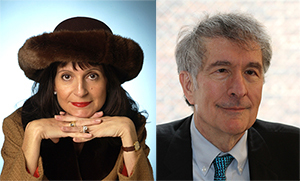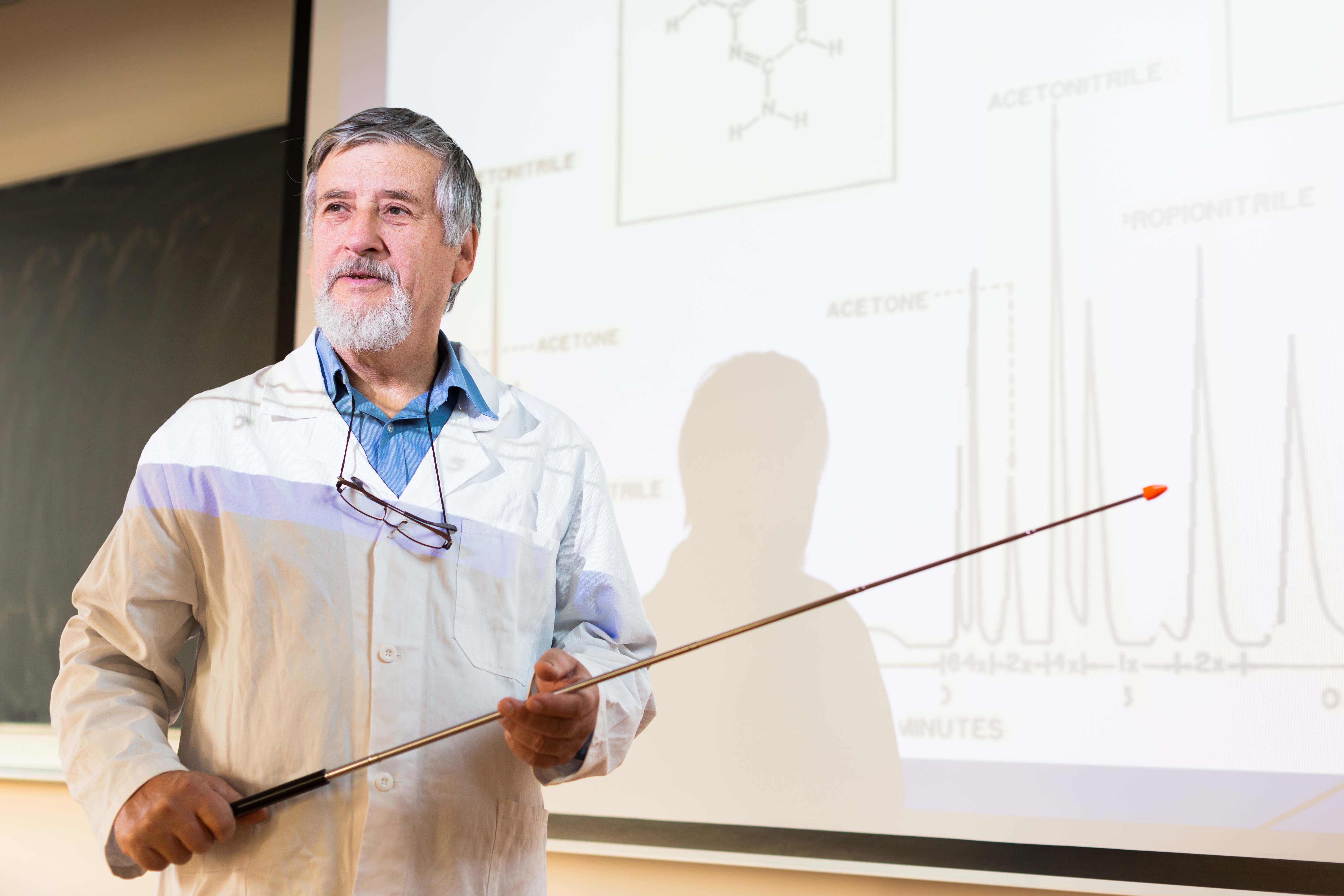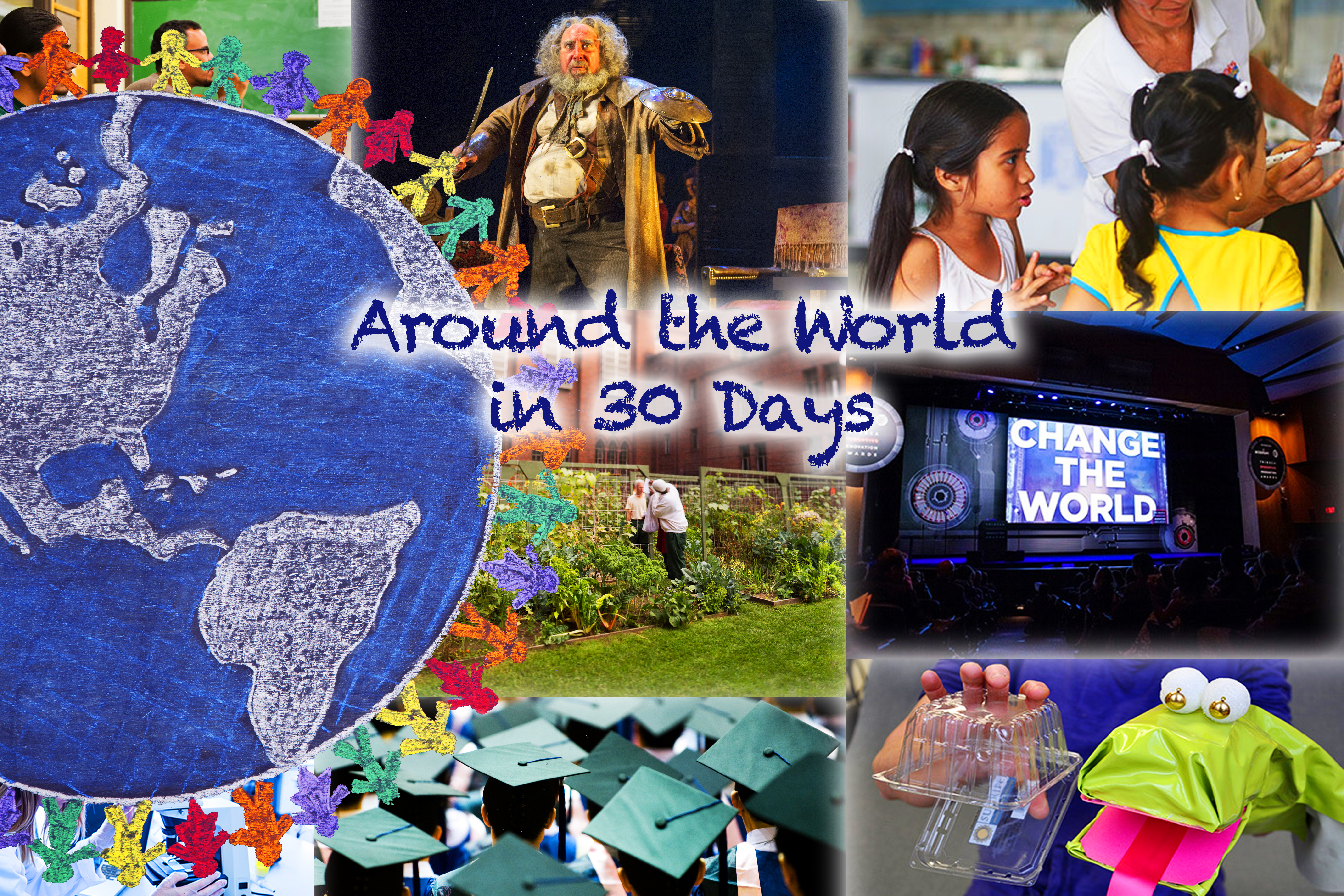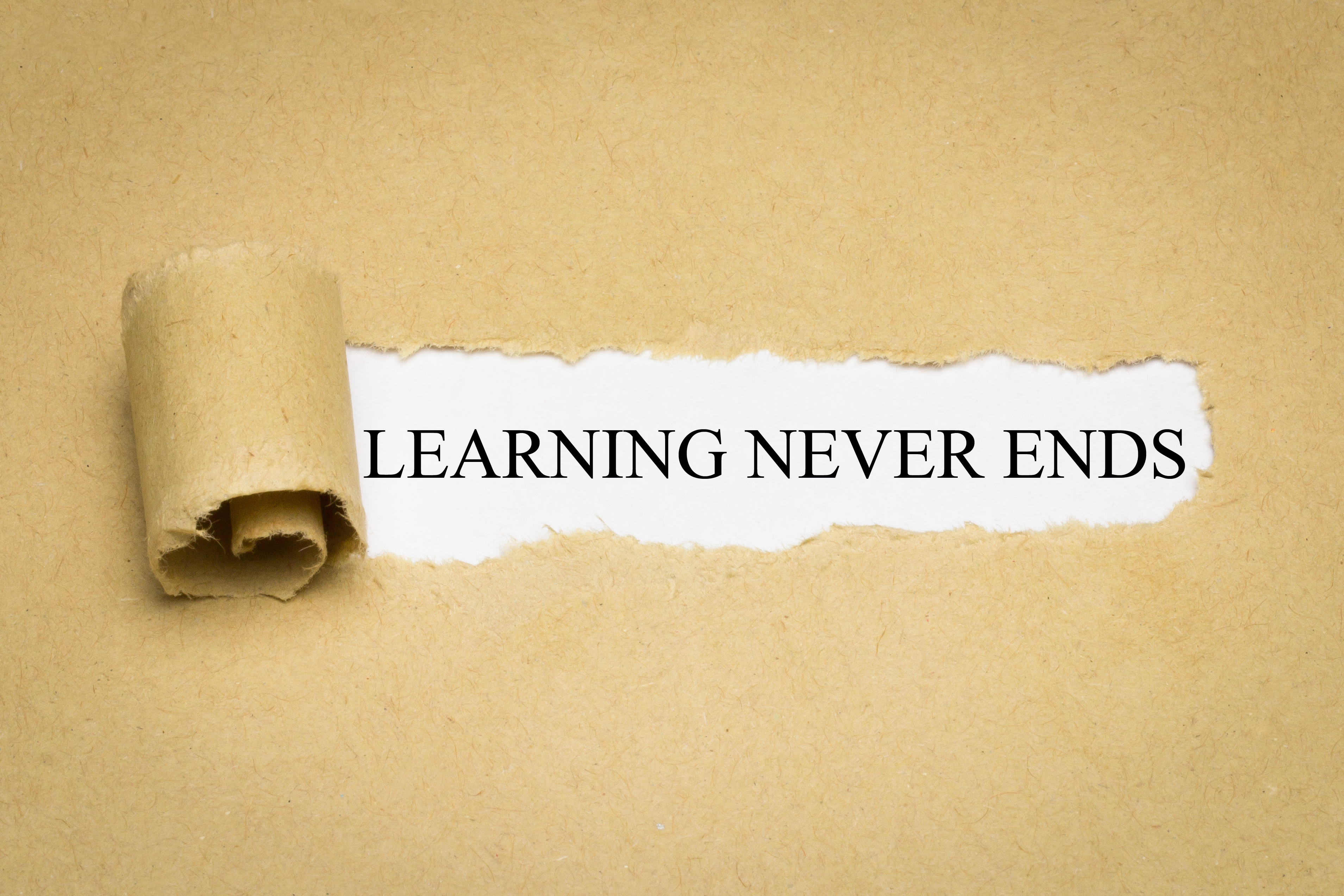
sayısallaştırma ve otomasyon kâr yukarıda hepsi dünyada, etik ve profesyonellik doğası söz konusu ve her taraftan saldırı altında gibi görünüyor. blokta yeni robotlar insan uzmanlardan bekliyoruz aynı uzmanlık ve çoklu zeka sağlayacak? Ne korumak ve bizim meslek kalitesini güçlendirmek için yapılabilir?
Today we begin a three-part blog mini-series on this topic with one of Eğitim en Küresel Arama most popular contributors, Profesör Howard Gardner. In the course of our series, Howard will discuss how all the professions and, in particular education, are affected by our rapidly changing world. He will also share his recommended steps on becoming a professional ethicist.
Howard Gardner has received numerous honors throughout his lifetime, including a MacArthur prize fellowship. He has honorary degrees from universities around the globe, ve biri seçildi 100 çoklu zeka kuramı yaptığı çalışmada da iş ve keşif için Dış Politikası ve Beklentiler dergisi tarafından en etkili aydınların. O goodwork ™ Projesi yönlendirir, örneklemini; iyi iş olduğunu bireyleri ve kurumları tanımlamak için büyük ölçekli bir çaba.
Kısmen 1 of our three-part mini blog series, Howard will discuss why he decided to start a blog about ethics in the professional world and how he thinks ethics is being undermined today.

Howard, why a blog called “The Professional Ethicist”?
Öncelikle, Cathy, the title harbors a triple pun. birinci olarak, I don’t believe that there are such things as professional ethicists, except perhaps for the occasional philosopher. But I, along with many others, have been writing about the ethics entailed in various professions, from engineering to education. While it has improved recently, I have long been disappointed with the quality of the weekly New York Times column called “The Ethicist”. One day last year I experienced one of those A-ha moments: “I can do it better!
Cathy, to turn serious, I believe that the range of professions – from architecture to veterinary medicine, from education to the ministry, are vital and precious human inventions. At the core of each of these professions is a set of values that encompass integrity, hizmet, and dis-interestedness, striving to do what is right independent of personal gain or loss. Sometimes the value is distinctly personal, Örneğin, teachers have obligations to each of their students. At other times, the value veers toward the universal, Örneğin, journalists have an obligation to pursue the truth, fairly and fearlessly.
yazık, I see the range of professions, here in the United States and abroad, as under severe strain, because of both internal and external forces. In launching my blog, I hope to explore the reasons for these pressures and the optimal means of dealing with them, thereby strengthening both the range and the quality of professions.
Do you think that robots with artificial intelligence could ultimately provide the expertise and multiple intelligences that we need from human experts?
It’s already clear that artificial intelligence can provide information that we used to secure from experts or that we had to look up ourselves. Just think about Siri, Encore, and the power of many other search engines. There is every reason to believe that these systems will continue to get ‘more intelligent’. As I am writing, the best “go” player in the world is struggling to compete successfully with a newly developed computational system.
I think we need to separate three issues. Firstly does the system reach its ‘answers’ in the same way that human beings do? This is the difference between ‘artificial intelligence’ and ‘human simulation. Secondly does the system manifest its intelligence? Birçoğumuz için, there’s a big difference between typing a question on our pad, as opposed to conversing with a robot or avatar. The more that the robot resembles a human being, the more satisfying it will be to many individuals, although not to me! Thirdly can the computational system provide a recommended course of action that is as solid, or even more solid, than a well-trained professional? In a way that the client finds satisfying? For the foreseeable future (say a decade or two), I think that the answer is no. But I would add that for individuals who cannot afford to consult a professional, or for whom no professional is available, an artificial system will typically be much better than the recommendations of a friend or than common sense – which is all too often common non-sense.

Very interesting and so back to your blog. I believe you launched it last September?
Evet, I began my blog in a very quiet way. After writing half a dozen blogs, I wrote a major essay on the future of the professions (hakkında 5000 kelimeler), posted it in early December, and sent it to two dozen colleagues. I was surprised and elated by the range and depth of the responses – both the 40 or so that have been posted and several that were sent privately. Contributors educated me about the similarities and differences between medieval guilds and modern professions; the undue power and secrecy of certain professional organizations; the different statuses and profiles of professions across Europe and Asia.
Görmek http://www.thegoodproject.org/is-there-a-future-for-the-professions-an-interim-verdict/
Başlangıçta, I had planned to write a single blog in response. But so many vital issues were brought up that I am posting ten separate blogs in the coming months.
Why do you think the ethical foundations of all professions are being undermined?
The full range of professions are vulnerable because of three major factors. birinci olarak, a smugness that the value of professions is self-evident and can therefore be taken for granted. Ikinci olarak, the power of the marketplace which has induced many professionals across the professional landscape to chase the highest income rather than preserving the core of expert service; ve son olarak, the digital media, which holds the promise – or the threat – of replacing many, if not most tasks formerly carried out by professionals.
Taken together, these three forces would suffice to destroy the professions. Ayrıca, it isn’t clear what entities/institutions/vocations could or would take their place. We could find ourselves without an investigative press; without fair-minded judges; without physicians who prescribe what is appropriate to each patient. These outcomes would be disastrous.
Join us next week for Part 2 arasında Profesyonel Etikçilerin Ara, in which Howard Gardner will focus on Ethics in Education.

(Tüm fotoğraflar Shutterstock ve CMRubinWorld nezaket vardır)
Sir Michael Barber dahil bana katılın ve dünyaca ünlü düşünce liderleri (İngiltere), Dr. Michael Blok (ABD), Dr. Leon Botstein (ABD), Profesör Clay Christensen (ABD), Dr. Linda Darling-Hammond (ABD), Dr. MadhavChavan (Hindistan), Profesör Michael Fullan (Kanada), Profesör Howard Gardner (ABD), Profesör Andy Hargreaves (ABD), Profesör Yvonne Hellman (Hollanda), Profesör Kristin Helstad (Norveç), Jean Hendrickson (ABD), Profesör Rose Hipkins (Yeni Zelanda), Profesör Cornelia Hoogland (Kanada), Sayın Jeff Johnson (Kanada), Bayan. Chantal Kaufmann (Belçika), Dr. EijaKauppinen (Finlandiya), Devlet Bakanı TapioKosunen (Finlandiya), Profesör Dominique Lafontaine (Belçika), Profesör Hugh Lauder (İngiltere), Rab Ken Macdonald (İngiltere), Profesör Geoff Masters (Avustralya), Profesör Barry McGaw (Avustralya), Shiv Nadar (Hindistan), Profesör R. Natarajon (Hindistan), Dr. PAK NG (Singapur), Dr. Denise Pope (ABD), Sridhar Rajagopalan (Hindistan), Dr. Diane Ravitch (ABD), Richard Wilson Riley (ABD), Sir Ken Robinson (İngiltere), Profesör Pasi Sahlberg (Finlandiya), Profesör Manabu Sato (Japonya), Andreas Schleicher (PISA, OECD), Dr. Anthony Seldon (İngiltere), Dr. David Shaffer (ABD), Dr. Kirsten Sürükleyici Are (Norveç), Başbakan Stephen Spahn (ABD), Yves Theze (ABD LyceeFrancais), Profesör Charles Ungerleider (Kanada), Profesör Tony Wagner (ABD), Sir David Watson (İngiltere), Profesör Dylan Wiliam (İngiltere), Dr. Mark Wormald (İngiltere), Profesör Theo WUBBELS (Hollanda), Profesör Michael Young (İngiltere), ve Profesör Minxuan Zhang (Çin) Onlar bütün milletler bugün karşı karşıya büyük resmi eğitim soruları keşfetmek gibi.
Eğitim Toplum Page Global Arama
C. M. Rubin o aldığı için iki çok okunan çevrimiçi serisinin yazarı 2011 Upton Sinclair ödülü, “Eğitim Global Arama” ve “Nasıl Oku Will?” O da üç çok satan kitapların yazarı, Dahil Harikalar Gerçek Alice, yayıncısıdır CMRubinWorld, ve bir Disruptor Vakfı Fellow.






Son Yorumlar